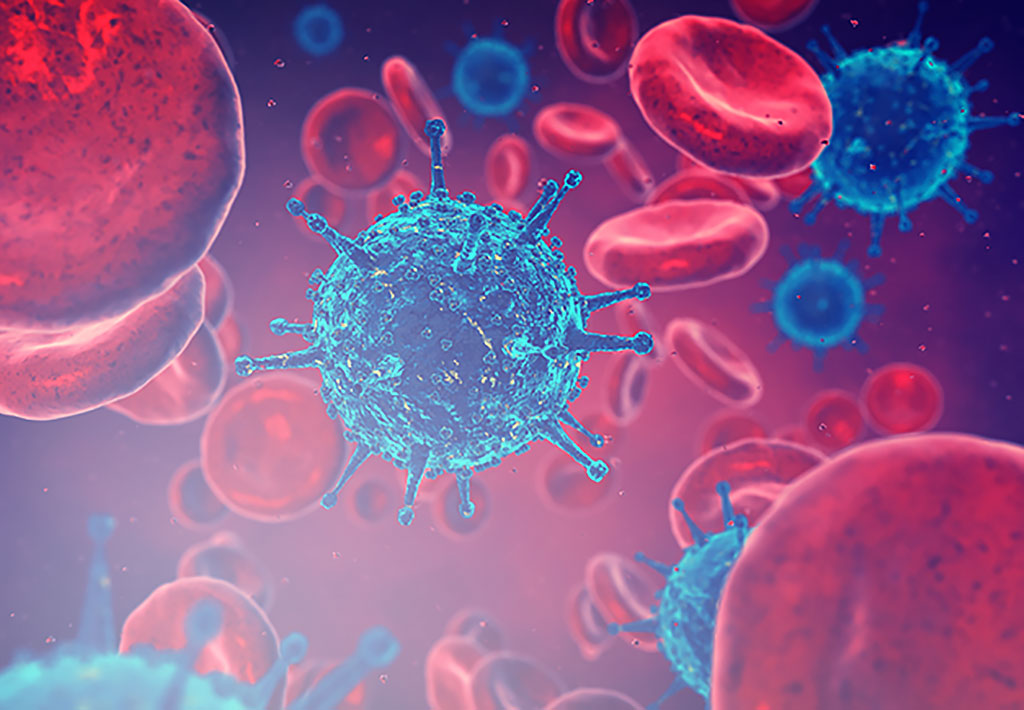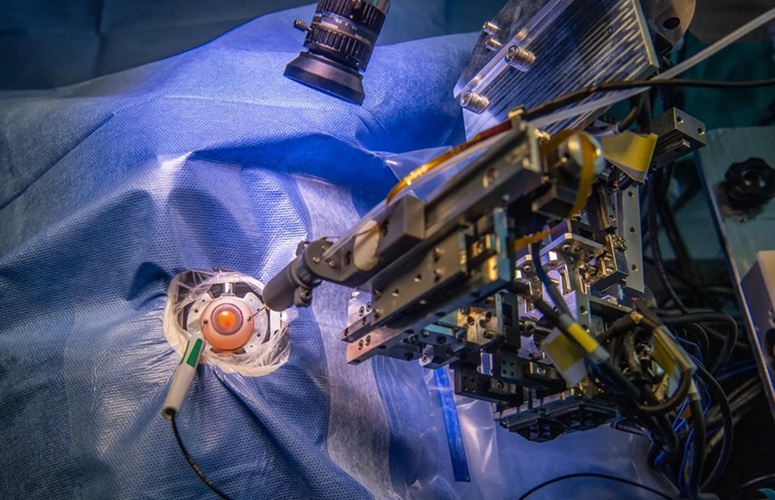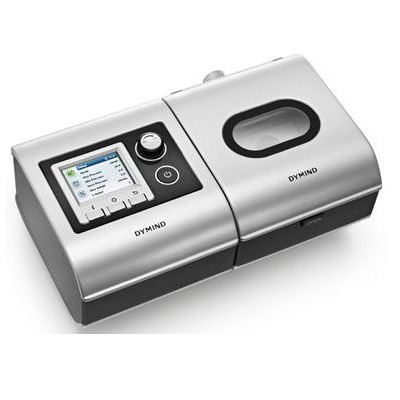Double COVID-19 Vaccine Doses May Be Needed for Guaranteed Protection from Novel Coronavirus
|
By HospiMedica International staff writers Posted on 22 Jul 2020 |

Illustration
Two doses of a COVID-19 vaccine may be required for protecting the world from the coronavirus, although doubling the number of doses for each person could make it more difficult to immunize billions of people, according to a Bloomberg report.
Amidst the pandemic, producing a COVID-19 vaccine and administering even a single-dose to everyone across the world would be a mammoth task, whereas the need for double shots is bound to increase complexities involved in manufacturing and logistics. A two-shot vaccine will be tougher to distribute widely and put developing nations at a particular disadvantage. There could be even more challenges if the vaccine’s efficacy reduces over time and annual inoculation is required, as suggested by some experts.
The latest results from clinical studies of COVID-19 vaccine candidates being developed by the University of Oxford (Oxford, UK) in collaboration with AstraZeneca (Cambridgeshire, England) and by Moderna, Inc. (Cambridge, MA, USA) appear to suggest the need for a double-shot vaccine regimen. Both the COVID-19 vaccine candidates are undergoing final-stage testing with two doses, as per the Bloomberg report. However, Oxford researchers believe that some recipients may acquire protection from a single dose and the results could indicate that a single shot could provide protection for the majority of people. AstraZeneca is exploring other regimens, although the company appears to be following a two-dose strategy and the first readout of its final-stage tests is most likely to be from two doses. On the other hand, Merck (Kenilworth, NJ, USA) has been focusing purely on one-dose shots as they can be deployed more easily and seamlessly across the world in a global vaccination campaign.
Similarly, CanSino Biologics Inc.’s (Tianjin, China) fast-moving COVID-19 vaccine candidate appears to prioritize a two-dose regimen as it seems to have failed to generate a strong response in people with pre-existing immunity to the novel coronavirus used as the vector, with researchers considering the use of a booster shot three to six months after vaccination. Following the news that CanSino published Phase II results of its COVID-19 vaccine candidate Ad5-nCoV, Philipp Rosenbaum, PhD, Senior Infectious Diseases Analyst at GlobalData, a leading data and analytics company, said, “With one dose, CanSino’s human adenovirus vector-based vaccine elicited receptor-binding and neutralizing antibodies in 508 patients peaking after 28 days. However, in the 52% of study participants that had a high pre-existing immunity to the viral vector, both types of antibodies were only at half the level than in the group with low-pre-existing immunity. A second dose of the vaccine might solve this issue, but on the other hand reduce the number of people who can be vaccinated.”
“Higher vaccine doses usually lead to more adverse events, so one solution might be for the elderly to generally receive two doses of the vaccine and younger people only one dose, to measure pre-existing Ad5-vector antibodies and then decide how many doses will be needed, or to add an adjuvant to boost the immune response,” added Rosenbaum.
Related Links:
University of Oxford
AstraZeneca
Moderna, Inc.
Merck
CanSino Biologics Inc.
Amidst the pandemic, producing a COVID-19 vaccine and administering even a single-dose to everyone across the world would be a mammoth task, whereas the need for double shots is bound to increase complexities involved in manufacturing and logistics. A two-shot vaccine will be tougher to distribute widely and put developing nations at a particular disadvantage. There could be even more challenges if the vaccine’s efficacy reduces over time and annual inoculation is required, as suggested by some experts.
The latest results from clinical studies of COVID-19 vaccine candidates being developed by the University of Oxford (Oxford, UK) in collaboration with AstraZeneca (Cambridgeshire, England) and by Moderna, Inc. (Cambridge, MA, USA) appear to suggest the need for a double-shot vaccine regimen. Both the COVID-19 vaccine candidates are undergoing final-stage testing with two doses, as per the Bloomberg report. However, Oxford researchers believe that some recipients may acquire protection from a single dose and the results could indicate that a single shot could provide protection for the majority of people. AstraZeneca is exploring other regimens, although the company appears to be following a two-dose strategy and the first readout of its final-stage tests is most likely to be from two doses. On the other hand, Merck (Kenilworth, NJ, USA) has been focusing purely on one-dose shots as they can be deployed more easily and seamlessly across the world in a global vaccination campaign.
Similarly, CanSino Biologics Inc.’s (Tianjin, China) fast-moving COVID-19 vaccine candidate appears to prioritize a two-dose regimen as it seems to have failed to generate a strong response in people with pre-existing immunity to the novel coronavirus used as the vector, with researchers considering the use of a booster shot three to six months after vaccination. Following the news that CanSino published Phase II results of its COVID-19 vaccine candidate Ad5-nCoV, Philipp Rosenbaum, PhD, Senior Infectious Diseases Analyst at GlobalData, a leading data and analytics company, said, “With one dose, CanSino’s human adenovirus vector-based vaccine elicited receptor-binding and neutralizing antibodies in 508 patients peaking after 28 days. However, in the 52% of study participants that had a high pre-existing immunity to the viral vector, both types of antibodies were only at half the level than in the group with low-pre-existing immunity. A second dose of the vaccine might solve this issue, but on the other hand reduce the number of people who can be vaccinated.”
“Higher vaccine doses usually lead to more adverse events, so one solution might be for the elderly to generally receive two doses of the vaccine and younger people only one dose, to measure pre-existing Ad5-vector antibodies and then decide how many doses will be needed, or to add an adjuvant to boost the immune response,” added Rosenbaum.
Related Links:
University of Oxford
AstraZeneca
Moderna, Inc.
Merck
CanSino Biologics Inc.
Latest COVID-19 News
- Low-Cost System Detects SARS-CoV-2 Virus in Hospital Air Using High-Tech Bubbles
- World's First Inhalable COVID-19 Vaccine Approved in China
- COVID-19 Vaccine Patch Fights SARS-CoV-2 Variants Better than Needles
- Blood Viscosity Testing Can Predict Risk of Death in Hospitalized COVID-19 Patients
- ‘Covid Computer’ Uses AI to Detect COVID-19 from Chest CT Scans
- MRI Lung-Imaging Technique Shows Cause of Long-COVID Symptoms
- Chest CT Scans of COVID-19 Patients Could Help Distinguish Between SARS-CoV-2 Variants
- Specialized MRI Detects Lung Abnormalities in Non-Hospitalized Long COVID Patients
- AI Algorithm Identifies Hospitalized Patients at Highest Risk of Dying From COVID-19
- Sweat Sensor Detects Key Biomarkers That Provide Early Warning of COVID-19 and Flu
- Study Assesses Impact of COVID-19 on Ventilation/Perfusion Scintigraphy
- CT Imaging Study Finds Vaccination Reduces Risk of COVID-19 Associated Pulmonary Embolism
- Third Day in Hospital a ‘Tipping Point’ in Severity of COVID-19 Pneumonia
- Longer Interval Between COVID-19 Vaccines Generates Up to Nine Times as Many Antibodies
- AI Model for Monitoring COVID-19 Predicts Mortality Within First 30 Days of Admission
- AI Predicts COVID Prognosis at Near-Expert Level Based Off CT Scans
Channels
Critical Care
view channel
Light-Based Technology to Measure Brain Blood Flow Could Diagnose Stroke and TBI
Monitoring blood flow in the brain is crucial for diagnosing and treating neurological conditions such as stroke, traumatic brain injury (TBI), and vascular dementia. However, current imaging methods like... Read more
AI Heart Attack Risk Assessment Tool Outperforms Existing Methods
For decades, doctors have relied on standardized scoring systems to assess patients with the most common type of heart attack—non-ST-elevation acute coronary syndrome (NSTE-ACS). The GRACE score, used... Read moreSurgical Techniques
view channel
Robotic Assistant Delivers Ultra-Precision Injections with Rapid Setup Times
Age-related macular degeneration (AMD) is a leading cause of blindness worldwide, affecting nearly 200 million people, a figure expected to rise to 280 million by 2040. Current treatment involves doctors... Read more
Minimally Invasive Endoscopic Surgery Improves Severe Stroke Outcomes
Intracerebral hemorrhage, a type of stroke caused by bleeding deep within the brain, remains one of the most challenging neurological emergencies to treat. Accounting for about 15% of all strokes, it carries... Read morePatient Care
view channel
Revolutionary Automatic IV-Line Flushing Device to Enhance Infusion Care
More than 80% of in-hospital patients receive intravenous (IV) therapy. Every dose of IV medicine delivered in a small volume (<250 mL) infusion bag should be followed by subsequent flushing to ensure... Read more
VR Training Tool Combats Contamination of Portable Medical Equipment
Healthcare-associated infections (HAIs) impact one in every 31 patients, cause nearly 100,000 deaths each year, and cost USD 28.4 billion in direct medical expenses. Notably, up to 75% of these infections... Read more
Portable Biosensor Platform to Reduce Hospital-Acquired Infections
Approximately 4 million patients in the European Union acquire healthcare-associated infections (HAIs) or nosocomial infections each year, with around 37,000 deaths directly resulting from these infections,... Read moreFirst-Of-Its-Kind Portable Germicidal Light Technology Disinfects High-Touch Clinical Surfaces in Seconds
Reducing healthcare-acquired infections (HAIs) remains a pressing issue within global healthcare systems. In the United States alone, 1.7 million patients contract HAIs annually, leading to approximately... Read moreHealth IT
view channel
Printable Molecule-Selective Nanoparticles Enable Mass Production of Wearable Biosensors
The future of medicine is likely to focus on the personalization of healthcare—understanding exactly what an individual requires and delivering the appropriate combination of nutrients, metabolites, and... Read moreBusiness
view channel
Philips and Masimo Partner to Advance Patient Monitoring Measurement Technologies
Royal Philips (Amsterdam, Netherlands) and Masimo (Irvine, California, USA) have renewed their multi-year strategic collaboration, combining Philips’ expertise in patient monitoring with Masimo’s noninvasive... Read more
B. Braun Acquires Digital Microsurgery Company True Digital Surgery
The high-end microsurgery market in neurosurgery, spine, and ENT is undergoing a significant transformation. Traditional analog microscopes are giving way to digital exoscopes, which provide improved visualization,... Read more
CMEF 2025 to Promote Holistic and High-Quality Development of Medical and Health Industry
The 92nd China International Medical Equipment Fair (CMEF 2025) Autumn Exhibition is scheduled to be held from September 26 to 29 at the China Import and Export Fair Complex (Canton Fair Complex) in Guangzhou.... Read more

















